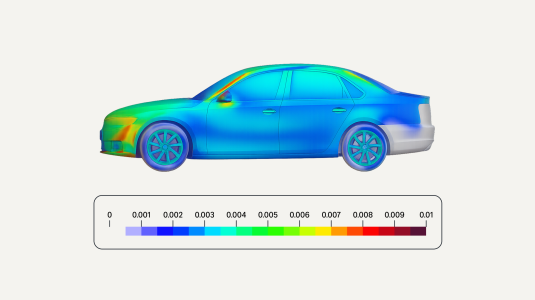Customer-obsessed science


Research areas
-
September 26, 2025To transform scientific domains, foundation models will require physical-constraint satisfaction, uncertainty quantification, and specialized forecasting techniques that overcome data scarcity while maintaining scientific rigor.
-
Featured news
-
EACL 20242024One interesting approach to Question Answering (QA) is to search for semantically similar questions, which have been answered before. This task is different from answer retrieval as it focuses on questions rather than only on the answers, therefore it requires different model training on different data. In this work, we introduce a novel unsupervised pre-training method specialized for retrieving and ranking
-
EACL 20242024We explore how weak supervision on abundant unlabeled data can be leveraged to improve few-shot performance in aspect-based sentiment analysis (ABSA) tasks. We propose a pipeline approach to construct a noisy ABSA dataset, and we use it to adapt a pre-trained sequence-to-sequence model to the ABSA tasks. We test the resulting model on three widely used ABSA datasets, before and after fine-tuning. Our pro-posed
-
ACM CHIIR 20242024Product returns are an increasing environmental problem, as an estimated 25% of returned products end up as landfill [10]. Returns are expensive for retailers as well, and it is estimated that 15-40% of all online purchases are returned [34]. The problem could be mitigated by identifying issues with a product that are likely to lead to its return, before many have sold. Understanding and predicting return
-
EACL 20242024Text classification is an important problem with a wide range of applications in NLP. However, naturally occurring data is imbalanced which can induce biases when training classification models. In this work, we introduce a novel contrastive learning (CL) approach to help with imbalanced text classification task. CL has an inherent structure which pushes similar data closer in embedding space and vice versa
-
2024We introduce flexibility to the supervised learning-based speech enhancement framework to achieve scalable and efficient speech enhancement (SESE). To this end, SESE conducts a series of segmented speech enhancement inference routines, each of which incrementally improves the result of its preceding inference. The formulation is conceptually similar to cold diffusion, while we modify the sampling process
Collaborations
View allWhether you're a faculty member or student, there are number of ways you can engage with Amazon.
View all














































